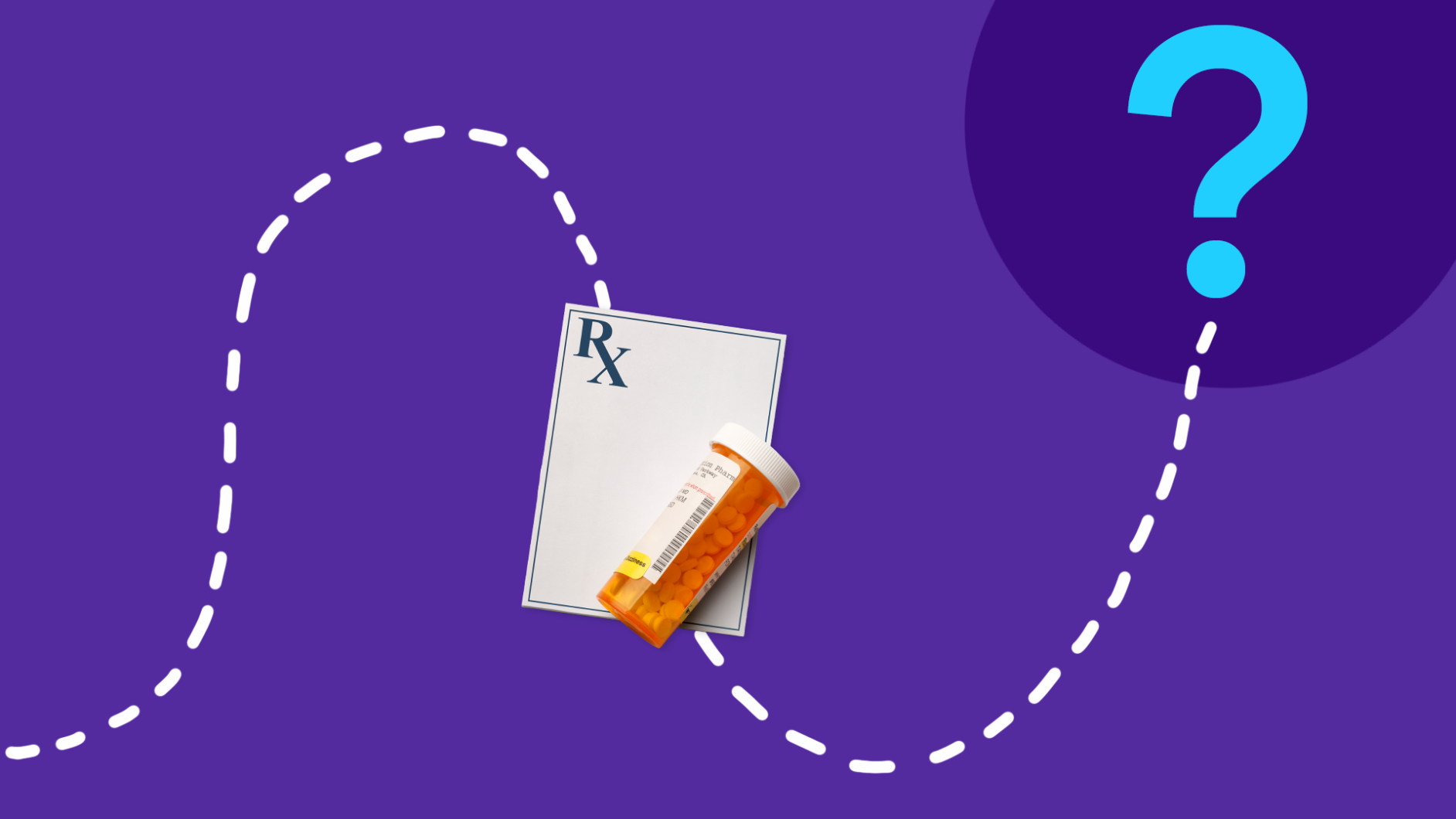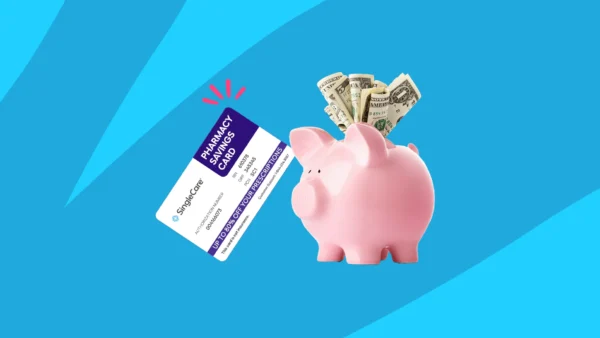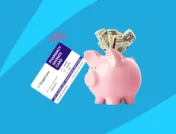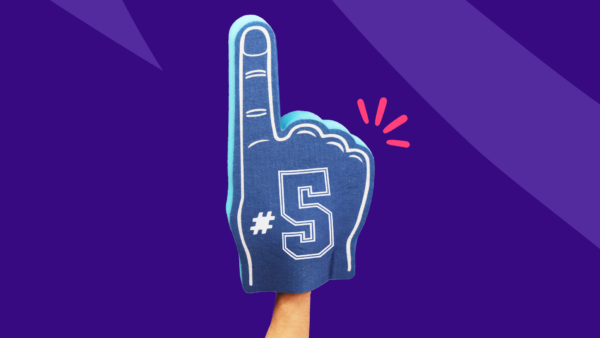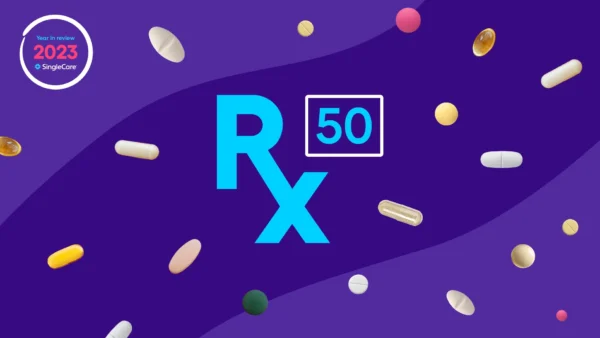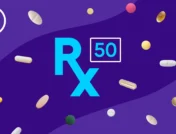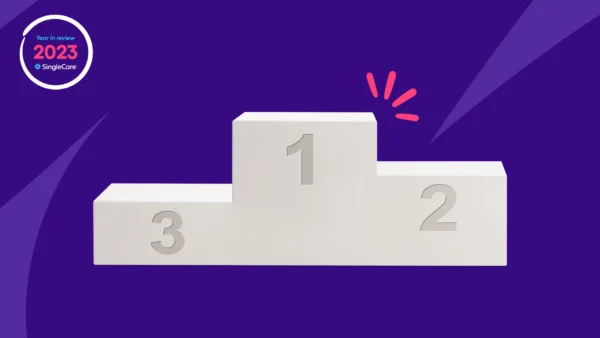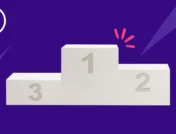We all know that feeling when your favorite local spot shuts down. Whether it’s a restaurant, a clothing store, or a Blockbuster that shutters, it’s disorienting when going there is part of your routine. And it feels even more jarring when it’s a pharmacy that closes its doors. In addition to having familiar faces, your pharmacy provided you with medication and advice, which are crucial parts of staying healthy.
Whether it’s a smaller, locally-run drugstore or a bigger chain pharmacy that closes, it’s upsetting to lose your favorite store. And it’s not uncommon. Recently, Raley’s Supermarkets, a family-owned grocery chain based in Sacramento, California, announced it will close 27 of its in-store pharmacies located throughout California and Nevada. And unfortunately it seems that pharmacy closures are on the rise. (A study published in JAMA Internal Medicine found that between 2009 and 2015, one in eight pharmacies had closed.)
If your pharmacy is among the closures, here’s what you need to know.
How a pharmacy closure impacts you
First things first: your prescription. When a pharmacy closes, it usually sells its patient files (prescription records) to another pharmacy, according to Mike Swanoski, Pharm.D., senior associate dean at the University of Minnesota College of Pharmacy. You’ll get a notification from your pharmacy that it’s shutting down, that your prescriptions are being transferred, and to what pharmacy—but how much advance warning you get is up to each individual state.
When your prescriptions are transferred to a pharmacy not of your choosing, the new location may be further from your home, or the pharmacy staff may not be as helpful as what you’re accustomed to. And that can be more than just inconvenient. A study from earlier this year found that when older adults taking statins (to treat high cholesterol) or beta blockers (to help lower blood pressure) had their pharmacies close, they had a “clinically significant” decline in medication adherence. Make sure that you’re putting your health first and taking proper steps to ensure you stay healthy.
What should you do if your pharmacy closes?
Just because your prescriptions are being moved from one pharmacy to another doesn’t mean you’ve lost control over where they’re ultimately filled. Dr. Swanoski has these tips:
Shop around
Visit some pharmacies in your area, and take note of these factors:
- Speak to the pharmacy staff at the drugstore you choose and get a sense of their communication style. Are they friendly? Helpful? Knowledgeable? You want to be able to establish a rapport with the staff.
- Note the lines—are they out the door or can you walk up to the counter and get service? If the location is convenient, but you have to wait in line for 20 minutes, you’re really not saving any time at all.
- Ask if they have your medications in stock or if they need to be ordered. If the pharmacy isn’t well stocked with what you need, you’ll be delayed in getting necessary medications. On the other hand, if the location is convenient but does not routinely stock your medications, you can usually call several days ahead so that the medication will be ordered and ready for you when you need it.
- Check out other perks, such as free delivery, medication therapy management, or other services that a new pharmacy may offer.
If you can’t make it into pharmacies, try taking to social media! Ask your friends and family if there’s a pharmacy they love, look at online reviews, or seek advice in local Facebook groups.
Get the best prices
No matter if you pay a copay or out-of-pocket price for your prescriptions, be sure to comparison shop. You may find the pharmacy where your prescriptions were transferred has the cheapest prices—or it might not. That being said, it’s important for one pharmacy to have access to all of your medication information so they can properly screen for drug interactions, allergies, or other issues. So if you find the best price for a few of your drugs at one place, it is best to get all of your medications there.
You can compare prices on singlecare.com. In some cases, our feel good prices are cheaper than even your copay price with insurance. If you don’t have time to look it up before, you can ask your pharmacy staff to check both prices: your copay or the out-of-pocket price vs. the savings with SingleCare. The SingleCare savings card is accepted at major pharmacy chains including CVS, Walmart, Walgreens, Albertsons, Kroger, and more.
Seek help from your healthcare provider
Need a refill but haven’t decided which new pharmacy will be your go-to yet? Don’t skip doses. Ask your healthcare provider to call in a refill at a pharmacy of your choosing. Your provider and his or her staff can also be a great resource for helping you select a pharmacy. You can always transfer the prescription to another pharmacy later on, if necessary.



